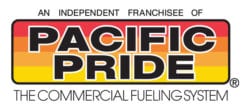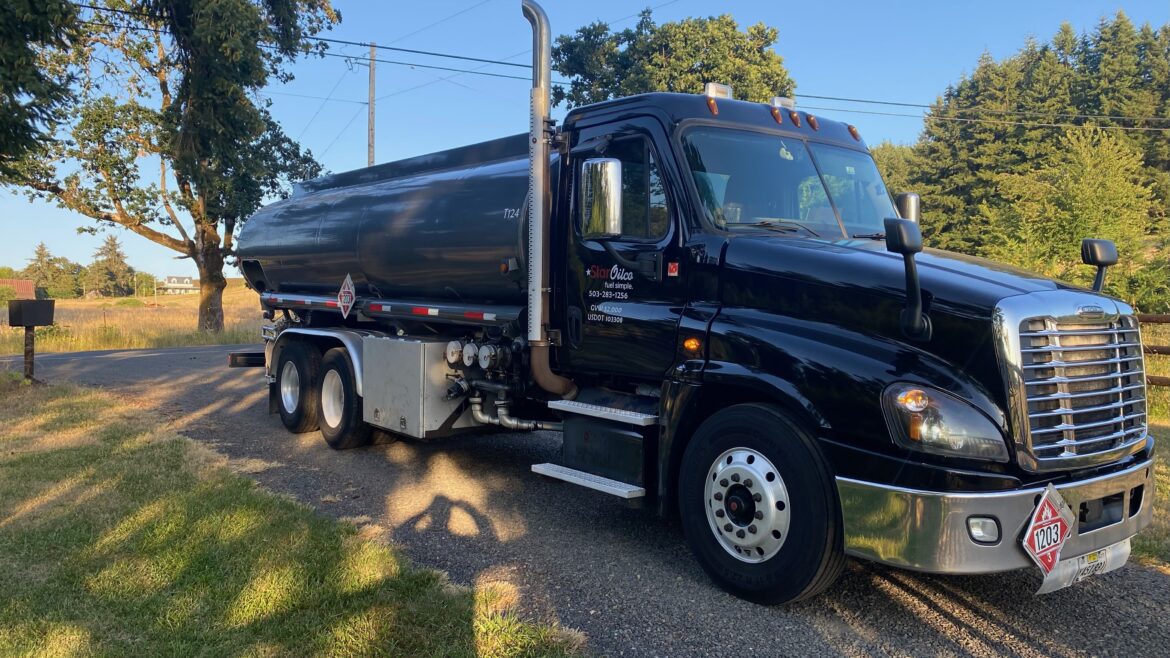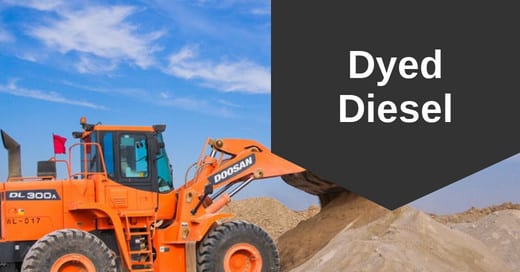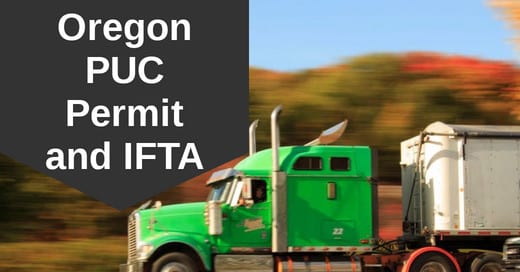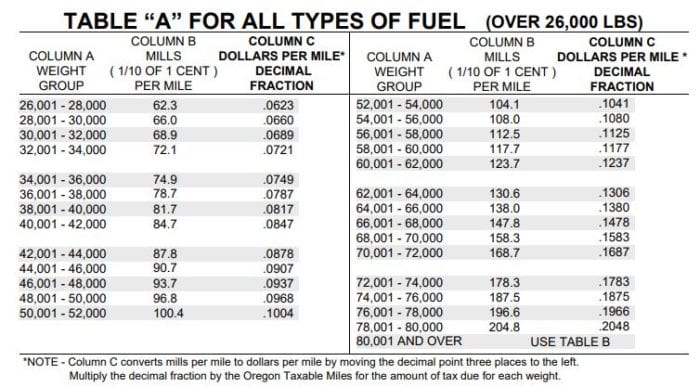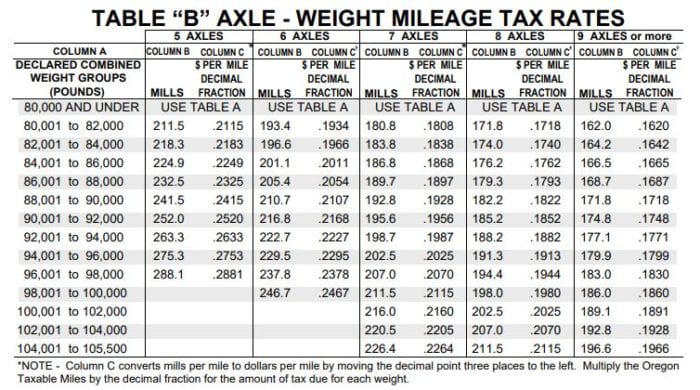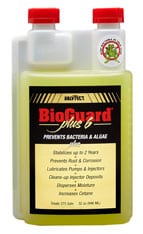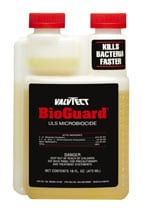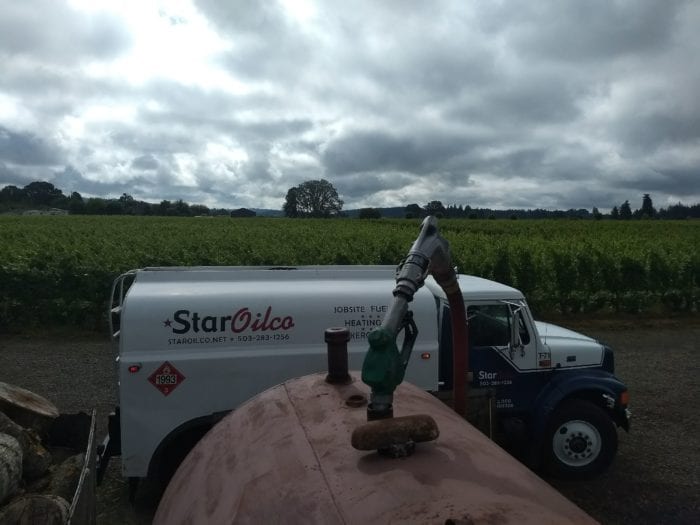Star Oilco Speaks On Decarbonizing Heavy Duty Trucks
Decarbonizing Heavy Duty Fleets By Using B99 Biodiesel.
Mark Fitz joined the Clean Cities Coalition Mindful Mobility Tech Talk series for their High GHG Reductions webinar. Mark spoke on the benefits of B99 and how fleets can begin decarbonizing their emissions today!
On September 28th, 2022, three representatives were invited to speak on how they are not only saving large amounts of energy but are also having a big impact on reducing greenhouse gas emissions.
B99 Biodiesel reduces CO2 footprint of a 105,500 GVW truck and trailer by more than half at a lower cost than petroleum diesel.
How Can I Utilize B99 or B100 for Decarbonizing My Own Fleet?
Star Oilco uses The Vector System developed by Pittsburgh-based Optimus Technologies. The Vector System allows upgrades for any medium or heavy-duty engine to operate on 100% biodiesel. This is the only EPA-compliant biodiesel engine system and can be installed in as little as 12 hours. Contact Optimus Technologies or reach out to Star Oilco locally to learn more about The Vector System.
Star Oilco’s Field Test
Star Oilco fielded the Optimus Technologies system on our 105,500 GVW truck and trailers. We began with a single Freighliner truck and trailer operating a Cummins ISX as a trial. This truck’s typical route was approximately 305 miles round trip from Portland, Oregon to Grays Harbor, Washington.
Over the last year and a half this truck has performed amazingly well. The only maintenance concern is swapping the fuel filters more regularly with every oil change. Neither drivers nor our Elog system noticed differences in mileage and power. On a few occasions a loss of power was experienced requiring an in between service fuel filter swap.
Follow the links below for more information on B99 Biodiesel and Star Oilco’s field test of the Optimus Technologies System:
B99 Biodiesel As A Heavy Duty Fuel
Biodiesel As A Heavy Duty Low Co2 Solution
This event is part of the Columbia Willamette Clean Cities Coalition’s Mindful Mobility Tech Talk series. A series designed to educate and expand on the evolving trends in fleet technology relevant to fleets seeking to decarbonize their miles traveled.


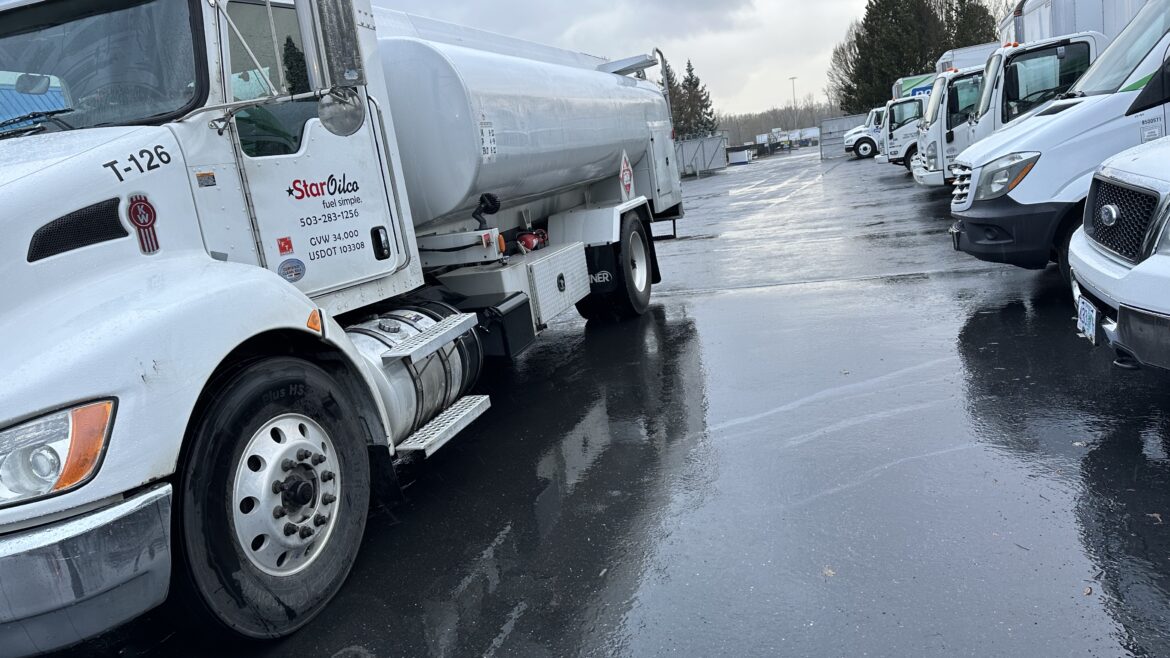
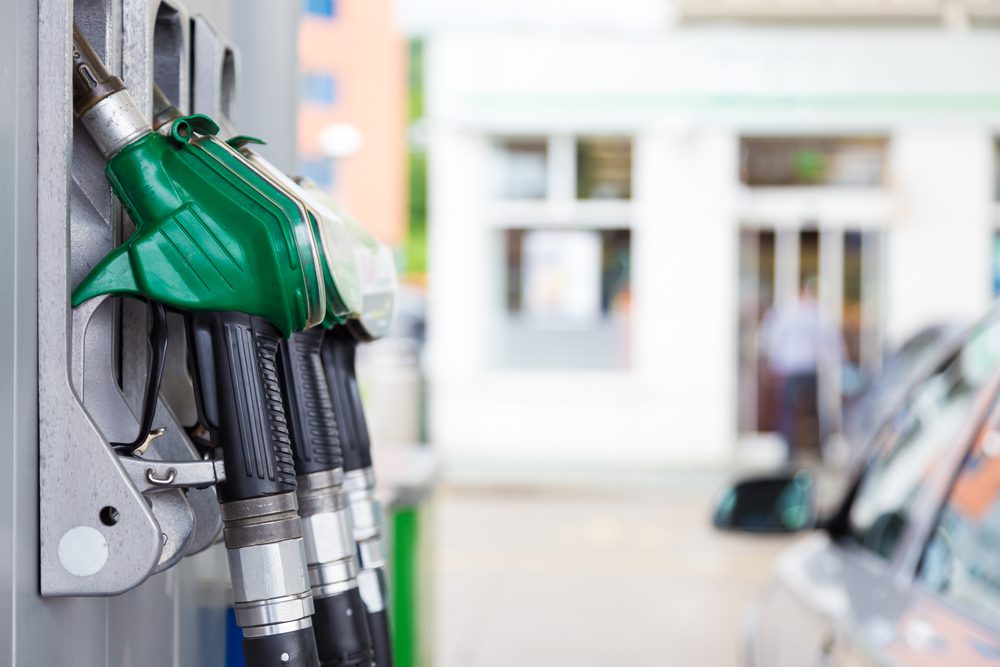
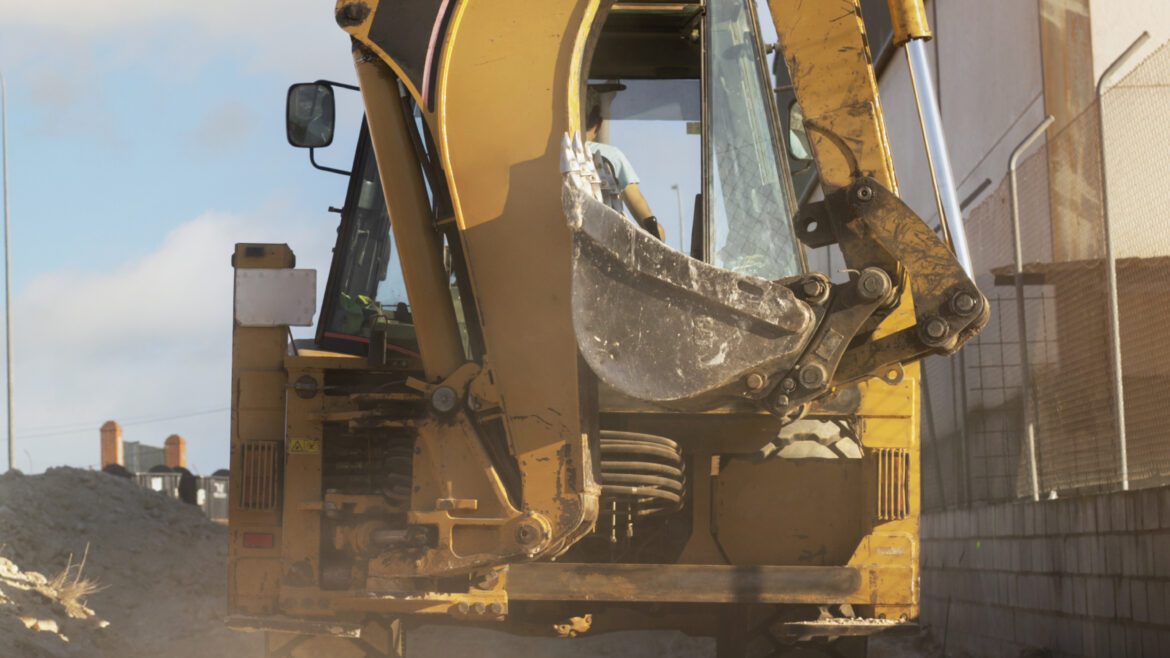


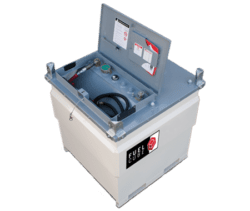
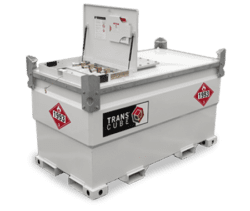
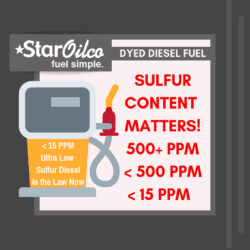
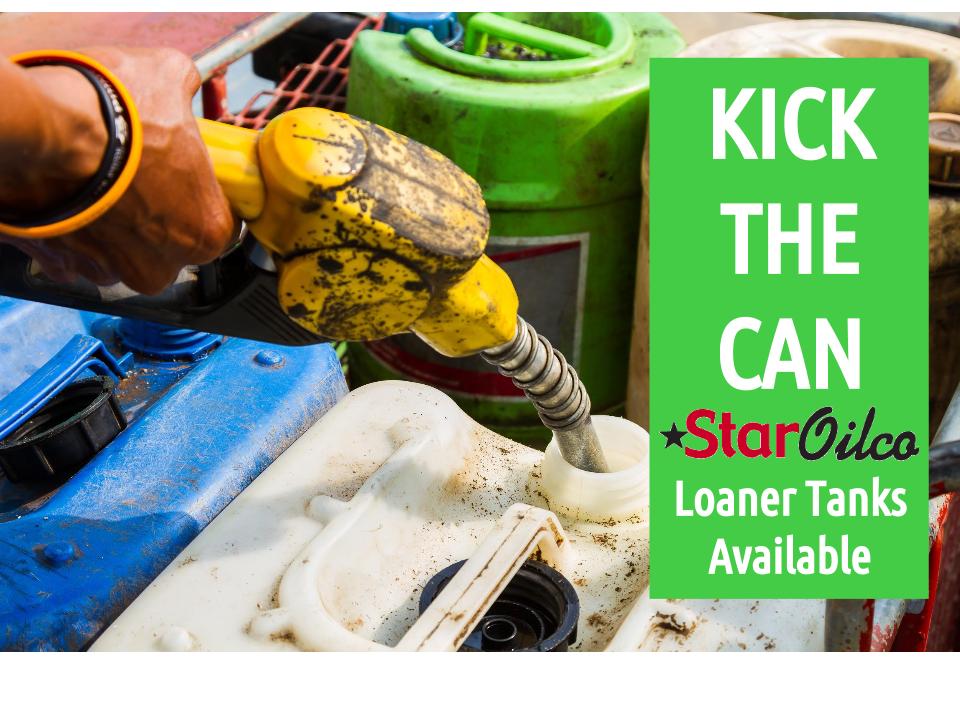

 Star Oilco is an Independent Franchisee of Pacific Pride
Star Oilco is an Independent Franchisee of Pacific Pride

